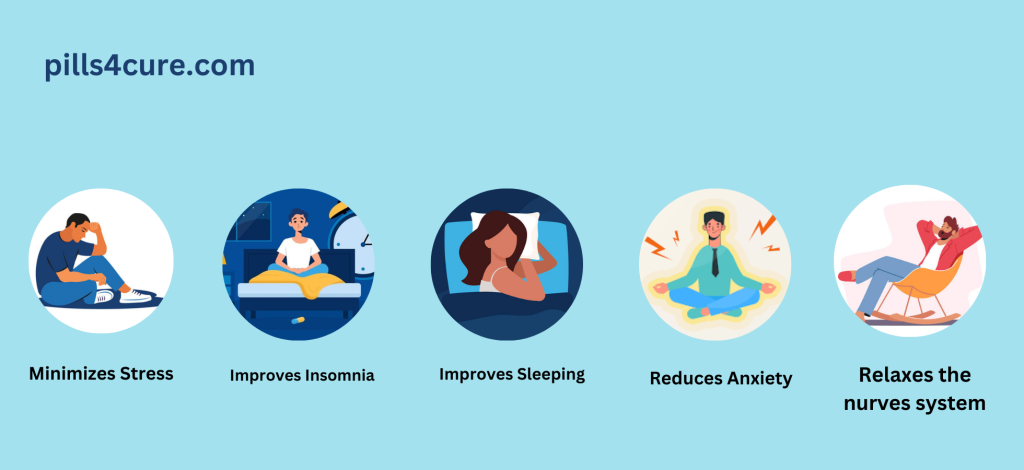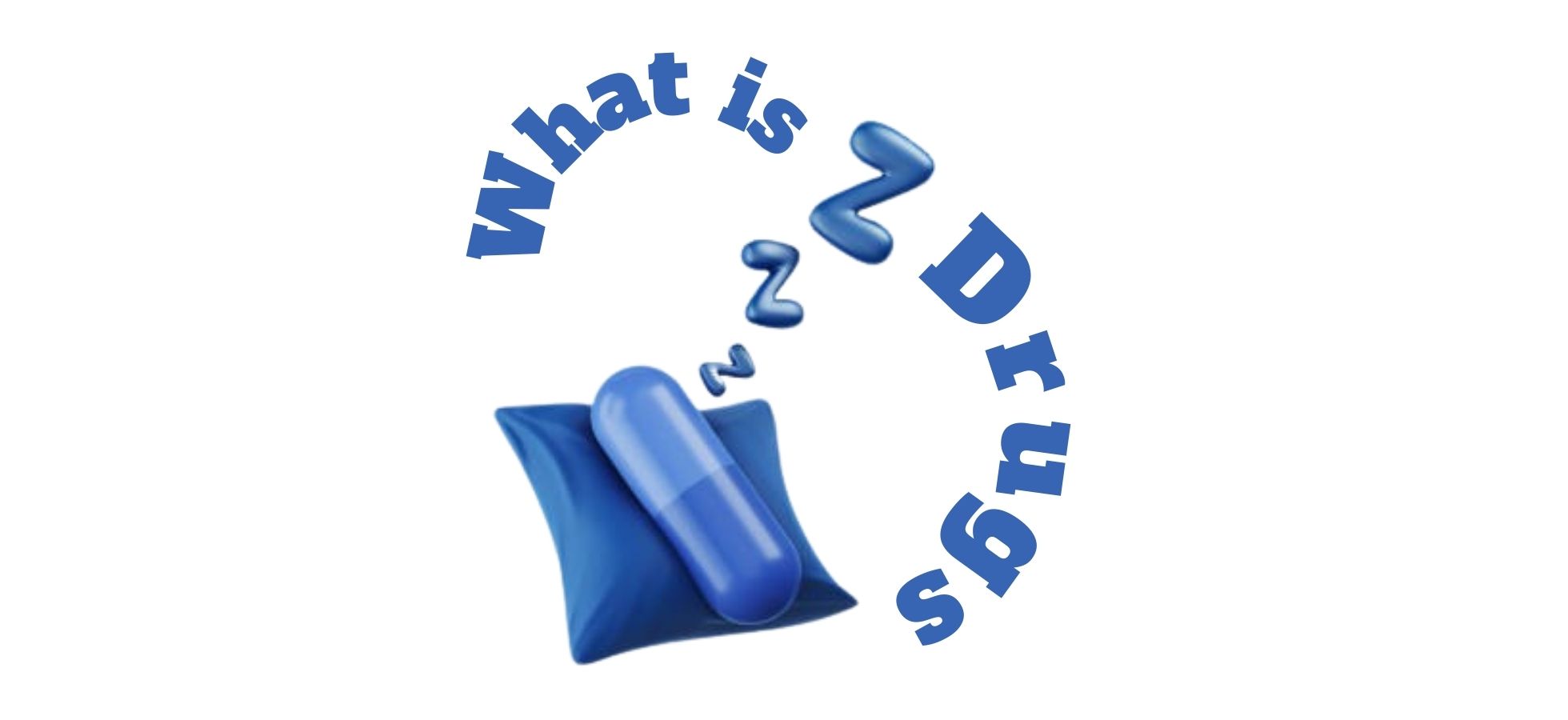Sorry, nothing in cart.
Revealing the Power of Z-Drugs: Elevating Sleep Quality and Duration
- By admin
- |
- Uncategorized
- |
Understanding Z-Drugs
Z-drugs, formally known as non-benzodiazepine hypnotics, provide targeted relief for insomnia, different from traditional benzodiazepines. These psychoactive drugs act on specific brain receptors to induce relaxation and promote sleep without the risk of excessive sedation or addiction. Known colloquially as Z-drugs due to their names often starting with “z”, this class includes zopiclone, eszopiclone, zaleplon, and zolpidem. Introduced in the 1990s to treat insomnia treatment, their effectiveness has been widely accepted.
Most of the people having trouble falling or staying asleep, waking up too early, and not being able to get back to sleep are facing insomnia which can be treated with Lunesta 3mg.

Mechanism of Action
The mechanisms of action of Z-drugs, Interact with neurotransmitters in the brain, specifically gamma-aminobutyric acid (GABA).
- GABAergic system: Z-drugs interact with the gamma-aminobutyric acid (GABA) neurotransmitter system in the brain.
- GABA Receptor Binding: Z-drugs selectively bind to specific subtypes of the GABA-A receptor complex.
- Preference for the α1 subunit: Z-drugs, such as zolpidem, zaleplon, and eszopiclone, have a preference for GABA-A receptors containing the α1 subunit.
- Enhancement of GABA effects: Upon binding to GABA-A receptors, Z-drugs enhance the inhibitory effects of GABA.
- Chloride ion influx: This increase leads to an increase in chloride ion influx into neurons.
- Hyperpolarization: The influx of chloride ions hyperpolarizes neurons, reducing the likelihood of firing action potentials.
- Suppression of neuronal activity: The net effect is the suppression of neuronal activity, leading to sedation and sleep induction.
The efficacy of Z-drugs lies in their ability to modulate neurotransmitters in the brain, particularly gamma-aminobutyric acid (GABA). By increasing the activity of GABA, these drugs inhibit nerve activity, causing sedation and sleep. This targeted approach reduces the risk of daytime drowsiness and cognitive impairment often associated with other sleep aids.
Efficacy in Sleep Enhancement
Clinical studies have extensively examined the efficacy of Z-drugs, in improving sleep quality and duration, particularly in individuals with insomnia. Here is a detailed description of the findings of these studies
Decreased sleep latency: Sleep latency refers to the time it takes for a person to fall asleep after going to bed. Clinical trials consistently show that Z-drugs significantly reduce sleep latency compared to other drugs. This means that individuals taking medication usually fall asleep faster, which is beneficial for people struggling with insomnia, where staying asleep for long periods is a common problem.
Increase in total sleep time: Total sleep time refers to the total duration of sleep during a night. Studies consistently demonstrate that Z-drugs significantly increase total sleep time compared to other medicines. This means that individuals who take medication sleep longer, which may contribute to improved overall rest and daytime functioning.
Better sleep continuity: Sleep continuity refers to the uninterrupted flow of sleep throughout the night. Individuals with sleep disorders often experience fragmented sleep, characterized by frequent awakenings or disturbances. Clinical trials have shown that Z-drugs improve sleep continuity by reducing the number of awakenings and disturbances during the night. This results in a more consolidated and restful sleep pattern.
Medicinal Benefits for Insomnia: Consistent findings of improved sleep parameters, including reduced sleep latency, total sleep time, and increased sleep continuity, highlight the therapeutic potential of Z-drugs for individuals struggling with insomnia. Insomnia is a common sleep disorder that involves difficulty falling asleep, staying asleep, or waking up too early, which impairs daytime functioning and reduces quality of life. medication offers a targeted pharmacologic intervention to address these sleep disturbances and improve overall sleep quality and duration.
Overall, several clinical studies provide strong evidence supporting the effectiveness of Z-drugs in improving sleep quality and duration in individuals suffering from insomnia. These findings underscore the importance of Z-drugs as a valuable treatment option for managing sleep disorders and enhancing overall well-being.
security profile
While Z-drugs offer promising benefits for enhancing sleep, it is important to consider their safety profile. Like all medications, medication has potential risks, including side effects such as dizziness, headache, and gastrointestinal disturbances. Additionally, long-term use of these medications may lead to tolerance, dependence, and withdrawal symptoms upon discontinuation. Therefore, careful use and close monitoring are important to minimize these risks.
Short duration of action and half-life: Z-drugs have a relatively short duration of action and half-life compared to benzodiazepines and other sedative-hypnotic drugs. This means that they are metabolized and eliminated from the body more quickly. As a result, the risk of drug accumulation in the body is reduced, which may contribute to reduced tolerance and dependence over time.
Optimal Use and Dosage
Determining the appropriate dosage and administration of Z-drugs is essential to maximize their benefits while minimizing potential risks. Healthcare providers typically prescribe medication at the lowest effective dose for the shortest duration necessary to achieve therapeutic goals. Additionally, patients should follow proper dosage instructions and avoid alcohol and other central nervous system depressants while taking these medications.
Related Medication
Adverse analysis
Compared to other sleep aids such as benzodiazepines and over-the-counter treatments, Z-drugs offer several advantages, including a lower risk of dependence and fewer adverse effects on sleep structure. However, individual responses to different sleep medications may vary, requiring an individualized treatment approach based on patient preferences, medical history, and underlying sleep disorders.
Addressing Concerns and Misconceptions
Despite their efficacy, Z-drugs are not without controversy. Concerns about dependence, addiction, and potential long-term effects have led to misconceptions about the safety of these drugs. However, evidence-based education and appropriate medical supervision can help dispel these myths and ensure the safe and effective use of medication to enhance sleep.
Special attention
Certain populations, such as the elderly, individuals with coexisting medical conditions, and women who are pregnant or breastfeeding, may need to take special considerations when using Z-drugs. Age-related changes in drug metabolism, potential drug
 English
English
 French
French  German
German